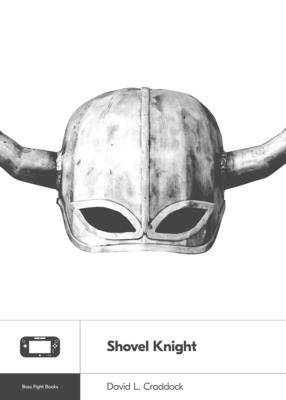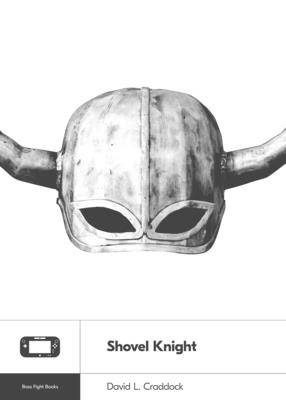
- Afhalen na 1 uur in een winkel met voorraad
- Gratis thuislevering in België vanaf € 30
- Ruim aanbod met 7 miljoen producten
- Afhalen na 1 uur in een winkel met voorraad
- Gratis thuislevering in België vanaf € 30
- Ruim aanbod met 7 miljoen producten
Zoeken
Omschrijving
In 2014, Yacht Club Games released its very first game, Shovel Knight, a joyful 2D platformer that wears its NES influences on its sleeve. This unlikely pastiche of 8-bit inspirations manages to emulate the look, feel, and even the technical limitations of nostalgic titles like Mega Man, Zelda II, and Castlevania III-imbued with a contemporary sense of humor and self-awareness. But how is a fundamentally retro game created in the modern era? And what do the games of the past have to teach today's game designers?
Based on extensive original interviews with the entire Yacht Club Games team, writer David L. Craddock unearths the story of five game developers who worked so well together while at WayForward Games that they decided to start their own studio. From the high highs of Shovel Knight's groundbreaking Kickstarter to the low lows of its unexpectedly lengthy development, Boss Fight presents a new master class in how a great game gets made. Get ready to steel your shovel and dig into this fascinating oral history. For Shovelry!
Based on extensive original interviews with the entire Yacht Club Games team, writer David L. Craddock unearths the story of five game developers who worked so well together while at WayForward Games that they decided to start their own studio. From the high highs of Shovel Knight's groundbreaking Kickstarter to the low lows of its unexpectedly lengthy development, Boss Fight presents a new master class in how a great game gets made. Get ready to steel your shovel and dig into this fascinating oral history. For Shovelry!
Specificaties
Betrokkenen
- Auteur(s):
- Uitgeverij:
Inhoud
- Aantal bladzijden:
- 192
- Taal:
- Engels
- Reeks:
- Reeksnummer:
- nr. 19
Eigenschappen
- Productcode (EAN):
- 9781940535197
- Verschijningsdatum:
- 15/11/2018
- Uitvoering:
- Paperback
- Formaat:
- Trade paperback (VS)
- Afmetingen:
- 127 mm x 175 mm
- Gewicht:
- 204 g

Alleen bij Standaard Boekhandel
+ 41 punten op je klantenkaart van Standaard Boekhandel
Beoordelingen
We publiceren alleen reviews die voldoen aan de voorwaarden voor reviews. Bekijk onze voorwaarden voor reviews.











